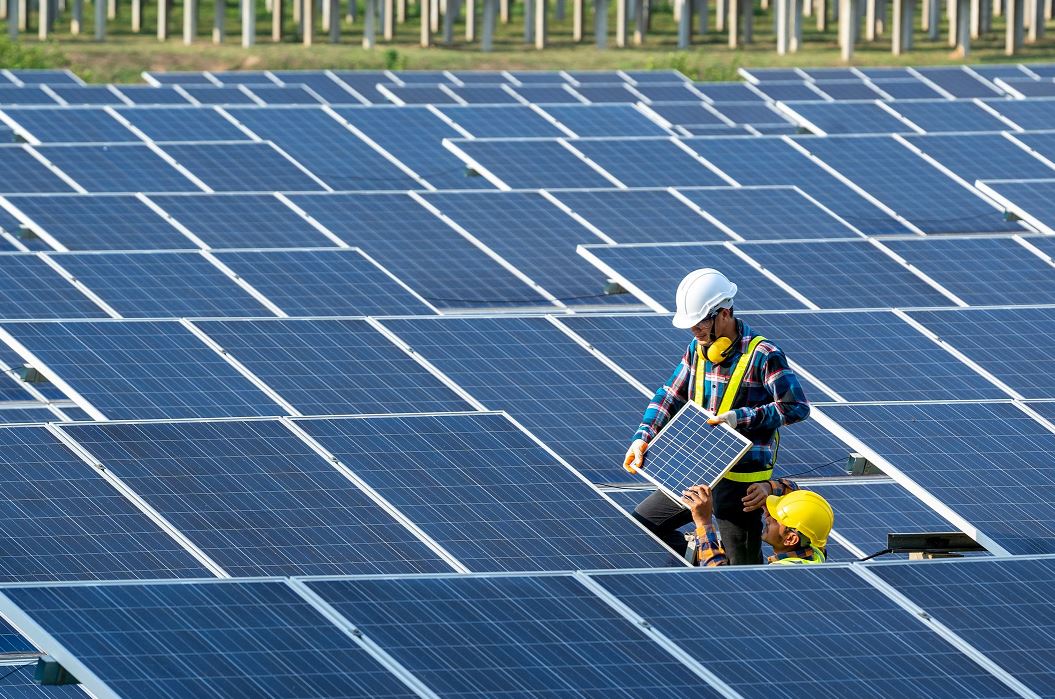RIO DE JANEIRO, BRAZIL – Solar energy is assuming more and more prominence globally, and Brazil, currently the leader in solar energy in Latin America, should become one of the leading global markets in the next few years, possibly reaching 54 gigawatts (GW) of total solar capacity by 2026.
That is what the “Global Market Outlook for Solar Power 2022-2026” informs, an international study launched in Germany last week during Intersolar Europe, the largest European fair in the sector.
The study was co-authored by the Brazilian Solar Energy Association (Absolar) and shows that the source has just surpassed the historical mark of 1 terawatt (TW) of installed capacity worldwide.

The annual report points out that despite the unprecedented impacts caused by the covid-19 pandemic, solar installed capacity has doubled in the last three years.
“The projection is that solar photovoltaic will continue to accelerate its growth, surpassing the 2 TW mark in less than four years, representing twice the electricity generation capacity of France and Germany combined,” the study states.
According to Absolar’s president, Rodrigo Sauaia, Brazil was one of the leading markets in the world in the installation of new solar systems in 2021, having added 5.7 gigawatts (GW) over the year, considering the sum of the large photovoltaic plants with the own solar power generation systems on rooftops, facades and small plots of land (distributed generation).
“Currently, the solar source is the fifth largest in the Brazilian electricity matrix, with 15.3 GW of installed capacity in operation. Since 2012, the solar sector has brought the country more than R$82.1 billion (US$16.5 billion) in investments and more than 459,000 new jobs accumulated, besides having avoided the emission of 22 million tons of CO2 in electricity generation,” informs Sauaia.
With information from Estadão

